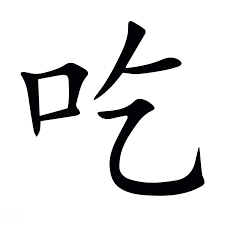Let’s explore the common expressions and their uses in sentences for ‘How about’ in Chinese.
…… ,怎么样? (zěnme yàng)
This is a general and widely used expression for “how about,” suitable for suggestions, asking opinions, or proposing ideas.
e.g.
我们去看电影,怎么样?(Wǒmen qù kàn diànyǐng, zěnme yàng?) How about we go watch a movie?
周末去爬山,你说怎么样?(Zhōumò qù páshān, nǐ shuō zěnme yàng?) How about going hiking this weekend?
……,如何? (rúhé)
This one is more formal than “怎么样,” often used in similar contexts but can sound more polished or literary.
e.g.
这个计划你觉得如何?(Zhège jìhuà nǐ juéde rúhé?) What do you think of this plan? (How about this plan?)
择日不如撞日,我们现在就开始运动,如何?(Zé rì bùrú zhuàng rì, wǒmen xiànzài jiù kāishǐ yùndòng, rúhé?) Rather than picking a day, it’s better to start today. How about we start exercising now?”
要不(然)……?(yào bù rán)
Informal, equivalent to “how about” when making a suggestion, especially as an alternative. 要不…… or 要不然…… are equivalent.
e.g.
今天太晚了,要不我们改天再见?(Jīntiān tài wǎn le, yào bù wǒmen gǎi tiān zài jiàn?) It’s too late today, how about we meet another day?
这样太慢了,要不然我们试试别的方法?(Zhèyàng tài màn le, yào bùrán wǒmen shìshi bié de fāngfǎ?) This is too slow; how about we try another method?
……,不如……? (bùrú)
It literally means “not as good as,” used for suggesting alternatives perceived as better.
e.g.
今天我不想做饭,不如我们订外卖吧? (Jīntiān wǒ bù xiǎng zuò fàn, bùrú wǒmen dìng wàimài ba?) I don’t feel like cooking today, how about we order takeout?
天气这么好,不如去公园散步。(Tiānqì zhème hǎo, bùrú qù gōngyuán sànbù.) The weather is so nice, how about going for a walk in the park?



